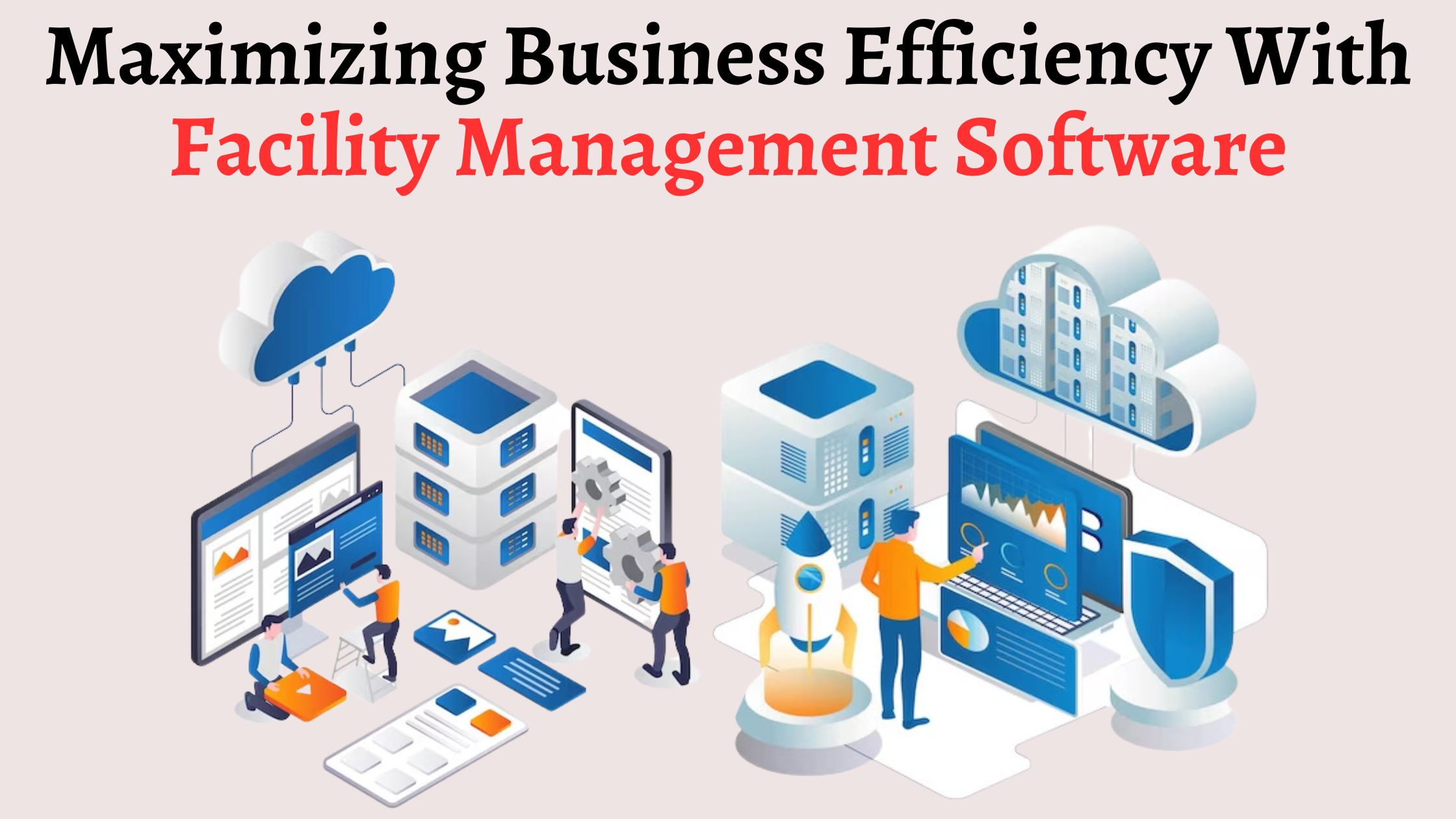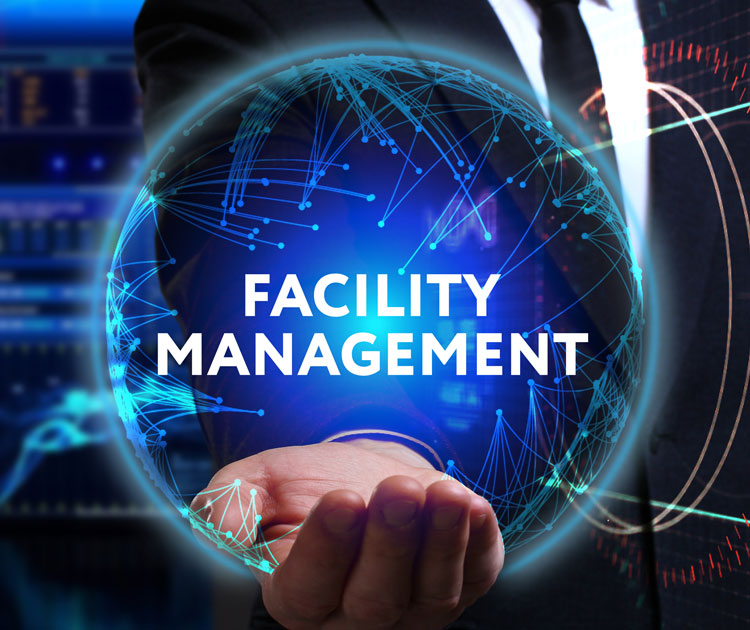How Total Facility Management Helps Companies Enhance Asset Utilization
How Total Facility Management Helps Companies Enhance Asset Utilization
Blog Article
Why Total Facility Management Is Important for Organization Success
Total Facility Management (TFM) offers as a keystone for business success by harmonizing diverse operational elements such as upkeep, room application, and safety steps. As services browse a competitive landscape, understanding the multifaceted benefits of TFM can be essential in driving expense efficiency and improving staff member performance.
Recognizing Total Facility Management
Total Facility Management (TFM) includes an extensive method to taking care of an organization's buildings and connected services to guarantee optimum functionality, security, and effectiveness. TFM incorporates numerous self-controls, consisting of upkeep, operations, space management, and safety procedures, to create a natural structure that sustains a company's core goals.
At its core, TFM aims to enhance the procedures associated with facility management, enhancing and reducing redundancies service delivery. This strategy involves the control of tasks connected to residential or commercial property management, such as repairs, cleaning, and energy management, to cultivate an effective environment for stakeholders and employees alike. TFM also emphasizes the importance of executing finest practices and cutting-edge modern technologies to enhance service quality and minimize operational costs.
By lining up facility management tasks with business goals, TFM improves overall performance while making sure conformity with health, safety, and environmental laws. Hence, TFM offers not just as a logistical function but also as a critical asset, contributing to a company's long-term sustainability and development.
Key Benefits of TFM
Leveraging an extensive approach, companies that execute Total Facility Management (TFM) unlock a myriad of advantages that add to total company success. One of the key advantages of TFM is the improvement of operational performance. By settling facility solutions under a unified management framework, organizations can improve procedures, minimize redundancies, and enhance interaction across departments.
Additionally, TFM promotes a proactive maintenance strategy, which lessens downtime and extends the life-span of facilitiess and devices (Total Facility Management). This positive technique not only boosts efficiency yet also fosters a safer working atmosphere, ultimately resulting in greater staff member satisfaction and retention rates
Additionally, TFM assists in much better source allotment by giving understandings right into facility efficiency metrics. Organizations can recognize locations for enhancement, allowing them to make educated decisions that align with their tactical objectives.
TFM and Expense Effectiveness
Accomplishing cost performance is an essential goal for organizations, and Total Facility Management (TFM) plays an essential function in this venture - Total Facility Management. By incorporating various facility solutions under a single management framework, TFM makes it possible for companies to improve procedures and lower redundancies. This alternative method results in substantial cost savings, as it eliminates the demand for several suppliers and streamlines purchase procedures
Moreover, TFM promotes positive upkeep strategies, which minimize the risk of costly repair services and downtime. By prioritizing safety nets, companies can expand the lifespan of their possessions and decrease unexpected expenditures. Additionally, TFM incorporates energy management techniques, which can drastically cut energy costs via efficient resource utilization.
The centralization of information and analytics within TFM enables organizations to make enlightened economic decisions. By identifying patterns and locations for renovation, TFM makes it possible for customized strategies that further improve expense management. The scalability of TFM options makes certain that as companies expand, their facility management practices stay effective and lined up with economic goals.
Enhancing Worker Performance
A click site well-managed facility can significantly improve staff member performance by creating a helpful workplace. Efficient Total Facility Management (TFM) ensures that all facets of the office-- from illumination and temperature to sanitation and safety-- are optimized. When workers run in a room that is comfy and well-maintained, they are more probable to concentrate on their jobs, causing greater outcome and work contentment.
Moreover, TFM can boost cooperation with the strategic style of common areas, motivating team effort and advancement. By spending in the right resources and modern technology, organizations can promote seamless communication and streamline process, better enhancing performance. Routine upkeep and prompt his response reactions to facility problems stop interruptions that might or else hinder efficiency.
In addition, a safe and healthy and balanced work atmosphere, sustained by TFM techniques, decreases absenteeism and promotes health, directly correlating with boosted performance degrees. Inevitably, focusing on facility management is a financial investment not just in physical properties but likewise in the workforce itself. By cultivating a setting that supports staff member demands and choices, organizations can grow an extra engaged and efficient workforce, driving total success and competitive benefit.

Future Trends in TFM
Embracing technical improvements is set to reshape the landscape of Total Facility Management (TFM) in the coming years. As the need for performance and sustainability rises, TFM will progressively embrace wise structure innovations, integrating Net of Things (IoT) tools to keep an eye on and manage facility procedures in real-time. This change will certainly allow positive upkeep, substantially reducing operational expenses and improving solution shipment.

Sustainability stays an essential emphasis, with TFM experts expected to focus on eco-friendly practices. This includes utilizing renewable resource sources and optimizing waste management systems to minimize the carbon impact of facilitiess.
Remote management capabilities will likewise be broadened, enabling facility managers to oversee operations from essentially anywhere. This versatility will certainly become crucial as companies adjust to hybrid job designs. In recap, the future of TFM is web poised for transformation via innovation, sustainability, and boosted operational approaches, ensuring companies continue to be competitive in a progressing landscape.
Final Thought
By incorporating various functional functions, TFM improves effectiveness and straightens facility management with organizational goals. As businesses progressively take on lasting methods and cutting-edge modern technologies, the value of TFM will certainly proceed to grow, guaranteeing long-lasting operational effectiveness and competition in an advancing industry.

Report this page